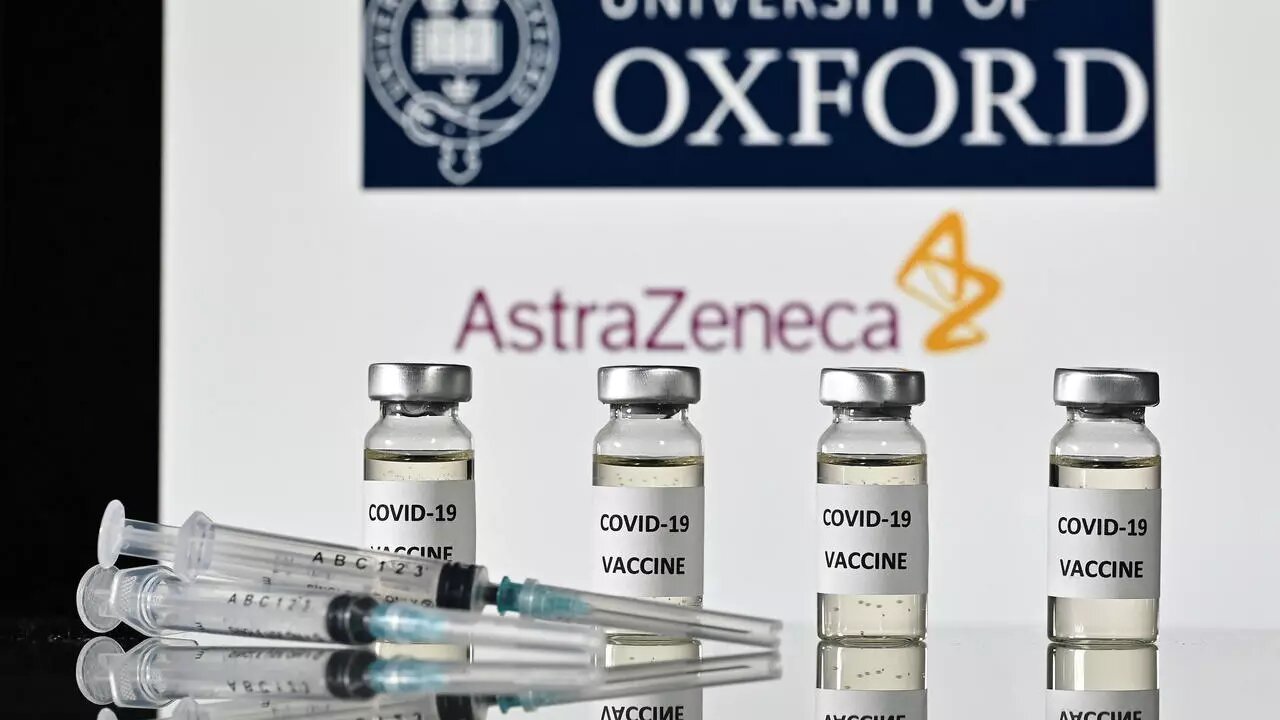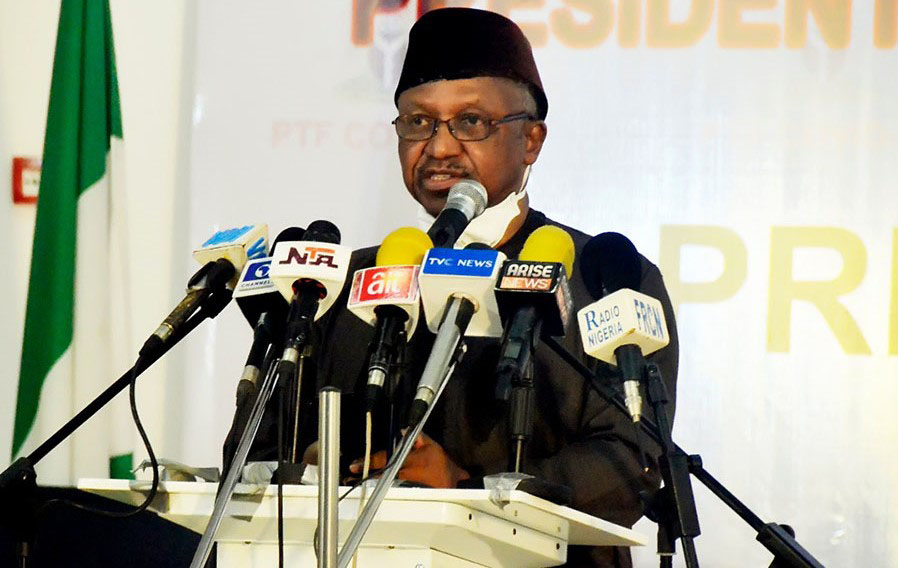Ireland has suspended the use of the AstraZeneca vaccine over fears of alleged post-jab blood.
According to reports across international media, the nation had to take the decision on Sunday over concerns about patients developing post-jab blood clots, as countries across the world sought to step up their Covid-19 immunisation drives.
Ireland becomes the latest in the string of European countries who have decided to halt the rollout of the AstraZeneca Covid-19 vaccine following reports of patients developing blood clots after inoculationshttps://t.co/Th3t7hdQ2s pic.twitter.com/ivGBGwXCfh
— CNN Breaking News (@cnnbrk) March 14, 2021
Ireland is not the only nation that has taken such a step. Several countries including Denmark, Norway and Bulgaria last week paused the rollout of vaccines from the Anglo/Swedish pharma giant over fears of blood clots.
In an interview with AFP, a spokesman for Ireland’s health ministry said, “The administration of COVID-19 Vaccine AstraZeneca is temporarily deferred from this morning, Sunday 14th March.”
However, the World Health Organization has said no causal link had been established between the vaccine and blood clotting
READ: AstraZeneca in frantic move to adapt its Covid vaccine as South Africa suspends rollout
Also, the manufacturer and Europe’s medicines watchdog have also insisted that the vaccine is safe.
An AstraZeneca spokesman said “an analysis of our safety data that covers reported cases from more than 17 million doses of vaccine administered has shown no evidence of an increased risk” in blood clot conditions.
“In fact, the reported numbers of these types of events for COVID-19 Vaccine AstraZeneca are lower than the number that would have occurred naturally in the unvaccinated population.”
What you should know
- AstraZeneca’s shot is among the cheapest available, and forms a bulk of deliveries to poorer nations, including Nigeria, under the WHO-backed Covax initiative, which aims to ensure the equitable global distribution of vaccines.
- Mass vaccinations are considered critical to ending the pandemic, which has claimed more than 2.6 million lives globally.




















